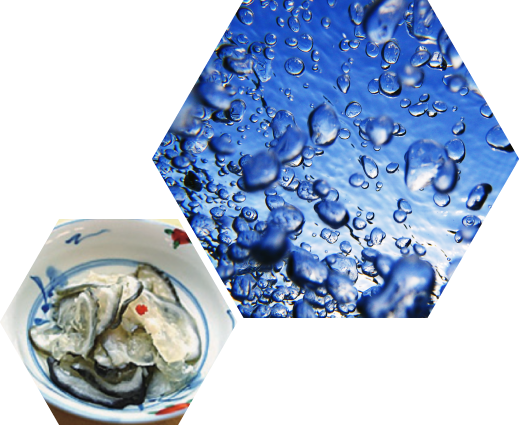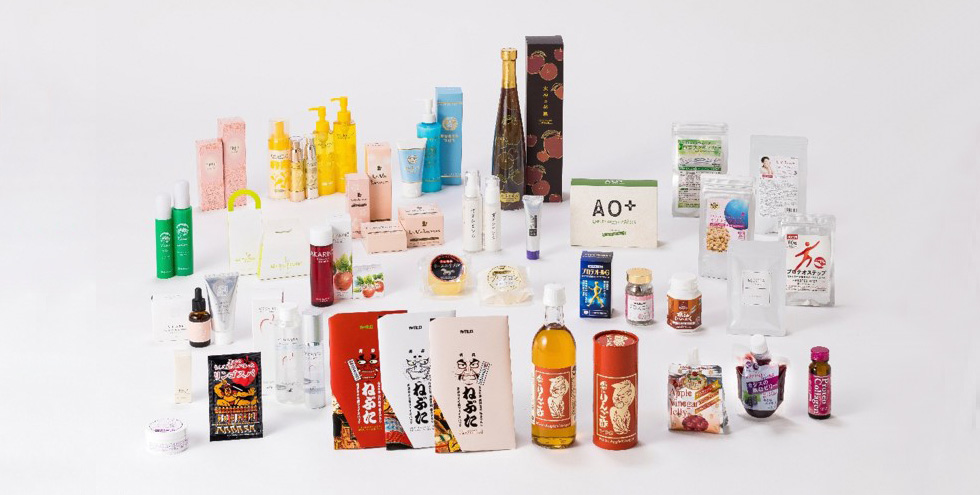An essential component of skin and cartilage—Proteoglycan.
A new ingredient that enhances beauty and health
Skin hydrationCosmetics use proteoglycan for its regenerative effects that impart a fresh look to skin, and for its remarkable moisturizing powers.
|
Supports joint movementExcellent water-retaining properties and cushioning effects, acting like cartilage for smooth movement between bones to protect joints
|
Proteoglycan is a compound of protein and glucose. It’s an important component that creates a matrix with collagen and hyaluronic acid outside your cells, building a foundation that supports skin and cartilage.
History of Proteoglycan
 |
Proteoglycan used to cost 30 million yen per gram—until a miracle happened in Aomori!This fixed-structure type glycoprotein was given the name proteoglycan in 1970, and attracted much attention. However, because it is sensitive to heat, and effective ways to extract it had not been developed at that time, it was labeled as a “dream ingredient” that was impractical for commercial use. However, a story proving that truth is stranger than fiction unfolded in Aomori, making proteoglycan commercially viable.
Taking hints from the traditional dish Hizunamasu (thinly sliced raw salmon cartilage with Japanese radish seasoned with vinegar), it finally became possible to mass-produce highly concentrated proteoglycan from the year 2000.Research exploring new effective components from agricultural, forestry and fishing resources had been underway in Aomori, Japan, with the Aomori Prefectural Industrial Technology Research Center at its core. In 1990, scientists suspected that they could find proteoglycan at high concentrations in the nose cartilage of salmon. As salmon heads were often unused and discarded, there was anticipation for a sudden burst of new industries that could use salmon heads as a promising resource. It was at this point that Dr. Takagaki entered the picture. He was a researcher at Hirosaki University School of Medicine’s Department of Biochemistry who had a long history of glycan research. |
About the Association for Promotion of Aomori PG
The Aomori Proteoglycan Brand-Promotion Council was established on July 1, 2011, with the goal of increasing recognition and gaining trust towards Aomori PG. The council has been working to expand the market and promote members’ PG products. The original council has been further developed and reorganized, creating the Association for Promotion of Aomori PG on July 1, 2016.




